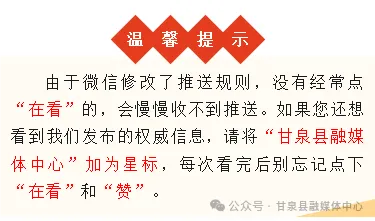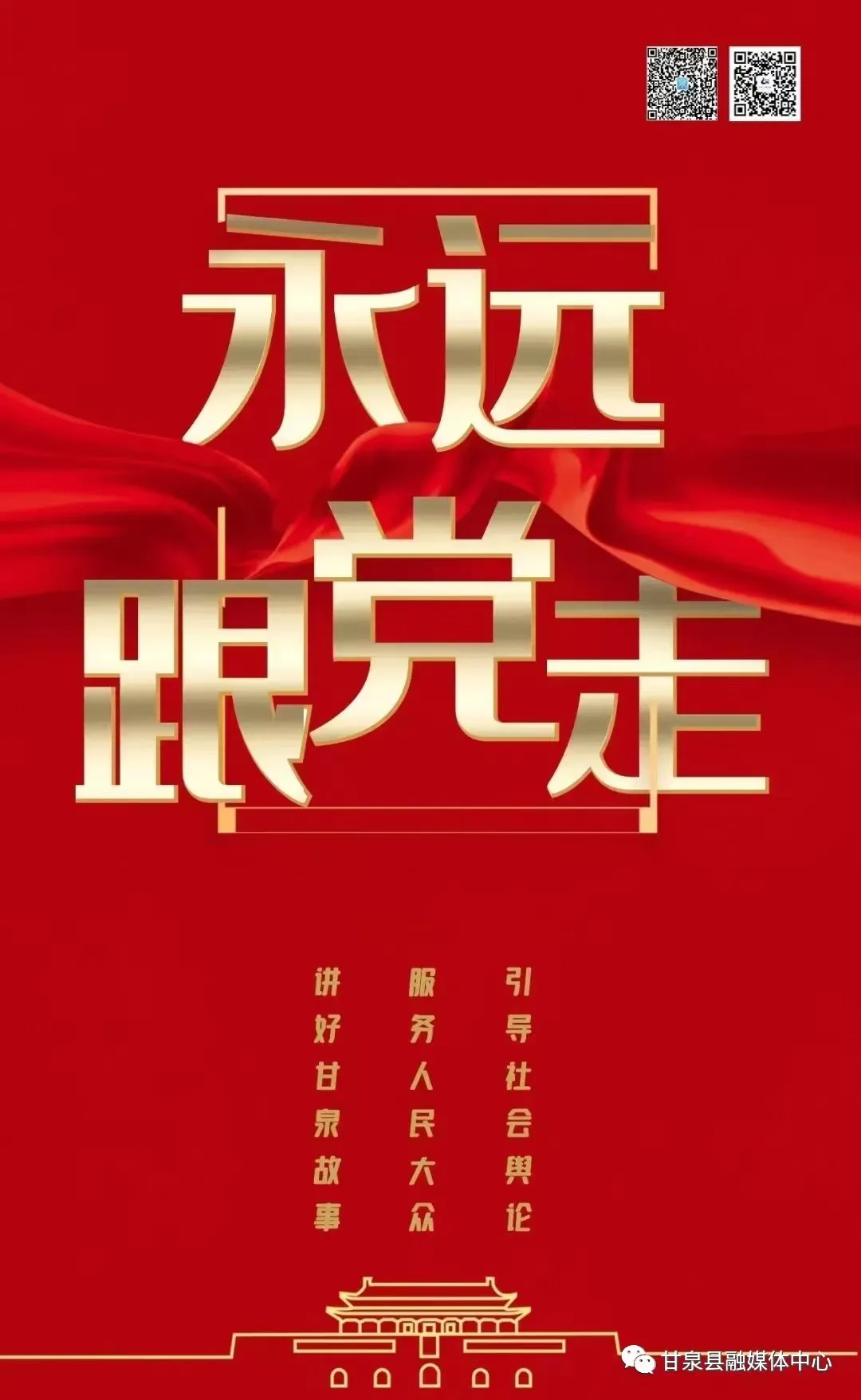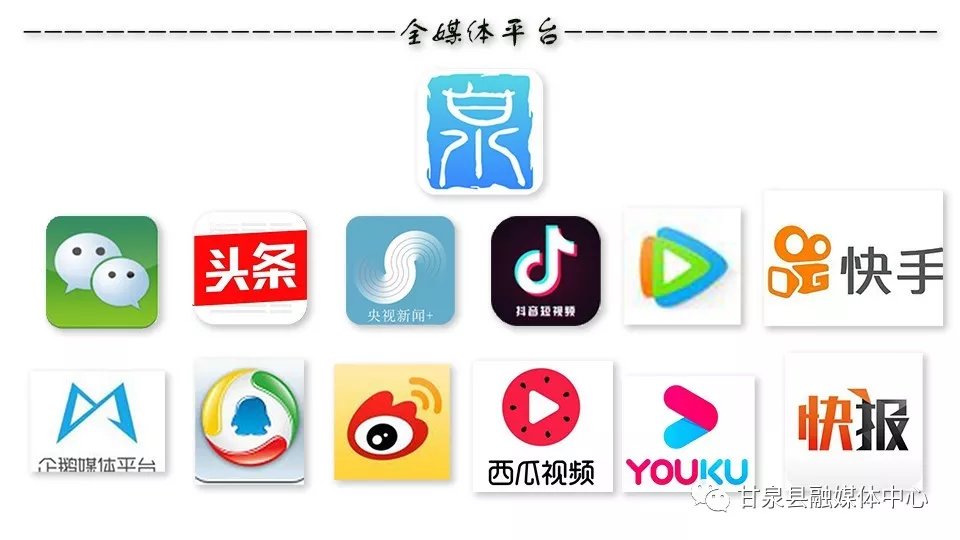
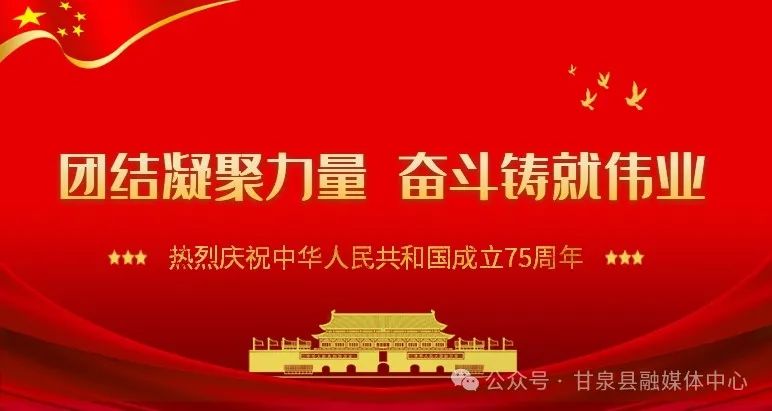
With the development of society, people are increasingly concerned about health issues, and the term “health preservation” has become a popular term online. Although we are familiar with the term, what does health preservation actually mean? Is it drinking goji berries? Is it going to bed early and not staying up late? Today, let’s introduce what health preservation in Traditional Chinese Medicine (TCM) really is!
Health preservation in TCM is guided by traditional TCM theories, following the changes of Yin-Yang and the Five Elements (Wu Xing) to scientifically nourish the body and maintain vitality and health. Mental health preservation refers to methods such as nurturing the mind, regulating emotions, and adjusting lifestyle to achieve the goals of maintaining the body, nurturing the spirit, reducing diseases, enhancing health, and prolonging life.
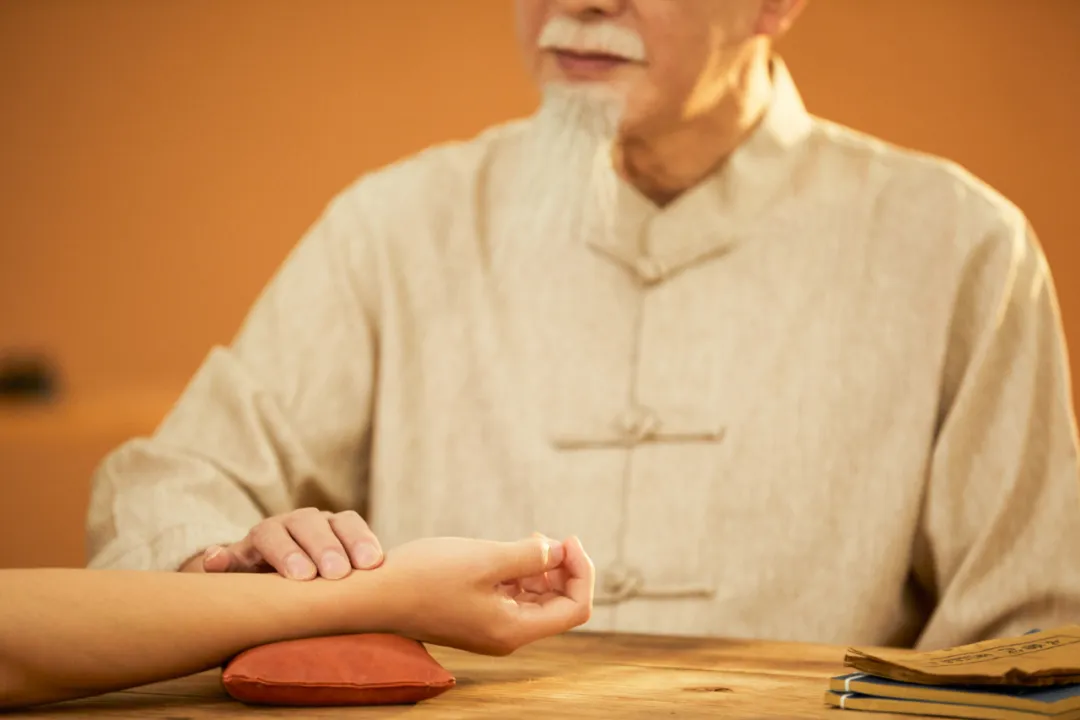
Health Preservation Primarily Focuses on Nourishing Qi and Blood
The most important aspect of human health is the concept of “Qi and Blood”. All diseases in our body arise from issues with Qi and Blood. From minor ailments like fever and cold to major issues like tumors and thrombosis, the primary cause of these diseases is the stagnation or deficiency of Qi and Blood.
The human body relies on Qi and Blood for nourishment; when Qi flows, Blood flows; when Qi stagnates, Blood clots. Sufficient Qi and Blood, flowing smoothly, lead to health and longevity; otherwise, one is prone to illness. As long as Qi and Blood are harmonious, the body will naturally not have problems. Therefore, we say that the most important point in health preservation is to nourish Qi and Blood. When Qi and Blood are balanced, the body remains healthy, and diseases do not arise; when Qi and Blood are unbalanced, strange diseases occur, causing great suffering.
All health issues stem from the stagnation or deficiency of Qi and Blood; all bodily issues must be addressed by ensuring smooth Qi and Blood flow and replenishing Qi and Blood.
As long as we ensure the smooth flow of Qi and Blood, we can prevent all diseases; as long as we replenish Qi and Blood, the body’s self-healing ability will automatically activate and take effect. Qi and Blood are the foundation of postnatal life; all organs, bones, and even hair and skin depend on the nourishment of Qi and Blood. Without Qi and Blood, there is no life.
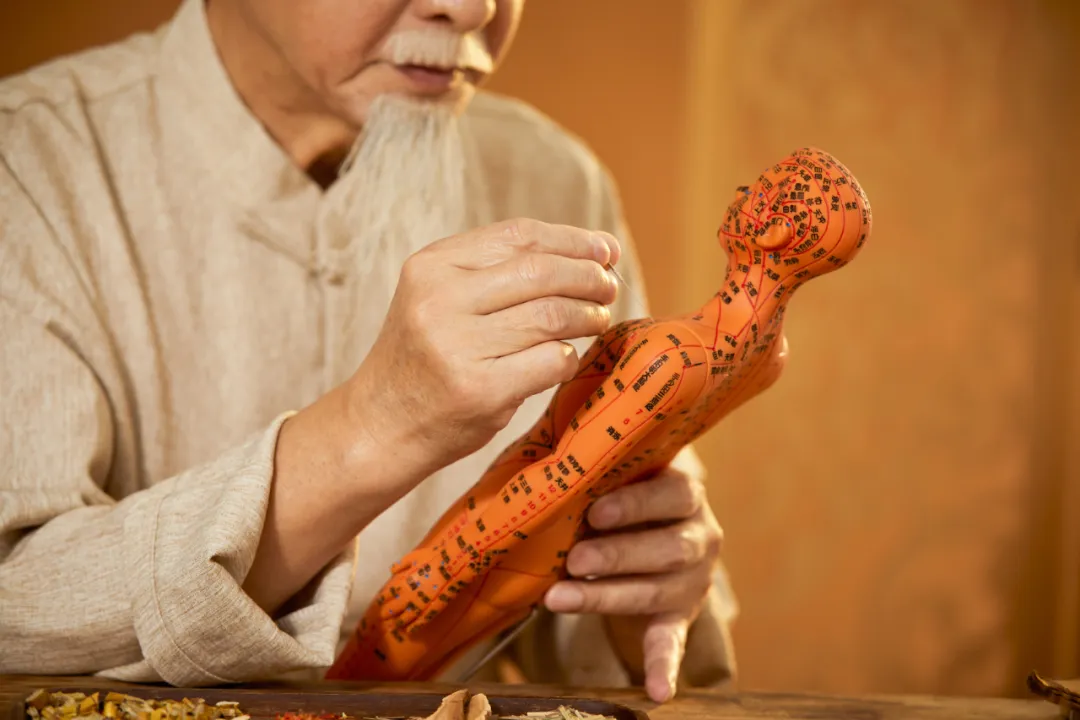
Health Preservation Emphasizes Smooth Meridians
So, how can we ensure the smooth flow of Qi and Blood without reversals? This must start with the meridians. We know that the pathways for Qi and Blood flow are the meridians; if Qi and Blood do not flow smoothly, they will become blocked. At this point, the most important thing is to unblock the obstructed meridians. Thus, a key term emphasized in TCM is “smoothing the meridians”.
Meridians in the human body function like an internet system. The main meridians are hidden within the body, controlling the functions of various organs; the collateral meridians are small branches of the main meridians, connecting to the surface of the body. Although they are invisible and intangible, they resemble a vast internet. Acupuncture points are like stations on this network, and Qi and Blood are the trains that run between these stations, always displaying a “no stop” sign. Once they stop, only a doctor can act as the network administrator.
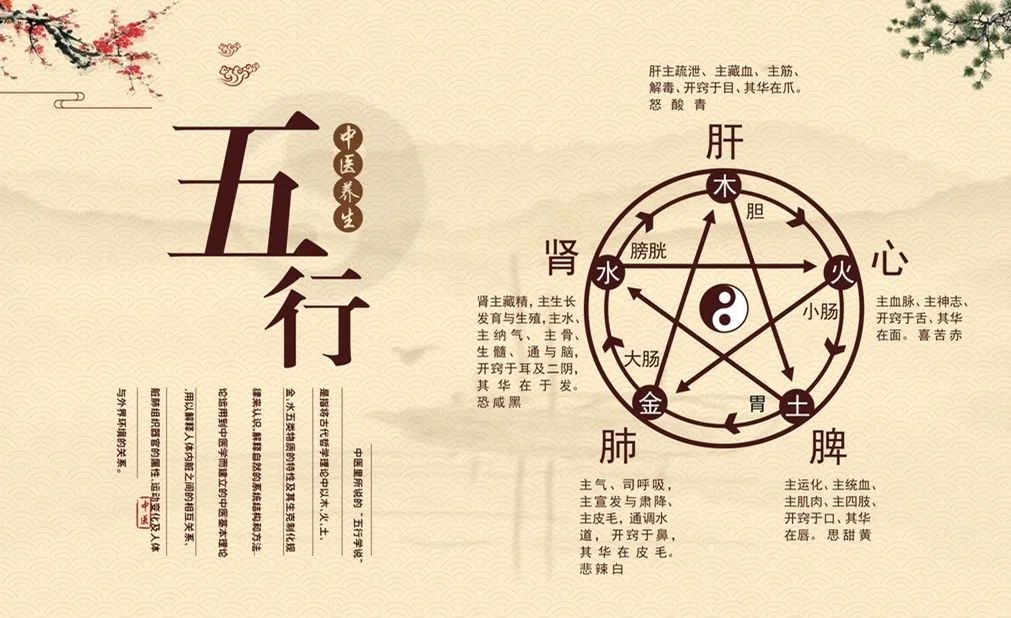
Health Preservation Values Organ Balance
The five organs and six bowels are undoubtedly the hardware of the human body. The organs have Yin and Yang distinctions; the five organs belong to the interior, hence are Yin; the six bowels belong to the exterior, hence are Yang.
The five organs refer to the heart, lungs, spleen, liver, and kidneys. They are responsible for the transformation and storage of vital essence and the housing of the spirit. Although their physiological functions differ, the various physiological functions of the five organs are interdependent and mutually restrictive, maintaining coordinated balance in physiological activities.The six bowels refer to the gallbladder, stomach, small intestine, large intestine, bladder, and san jiao (triple burner). Their common function is to receive, digest, and excrete waste.
The various physiological functions of the five organs and six bowels are interdependent and mutually restrictive, maintaining the coordinated balance of physiological activities in the body. Generally, even when diseases occur, the body can cope adequately. However, not all diseases can be cured by the body alone; some require medication, surgery, or psychological interventions. In most cases, external pathogenic factors and medications play a role in the occurrence and treatment of diseases, but the primary role is played by the body itself. TCM believes: “When righteous Qi is present, evil cannot invade.” If the body’s righteous Qi is sufficient, evil Qi will not disrupt the Yin-Yang balance within.
The organs have a collaborative ability to support each other; if one function is disordered, the body’s Qi mechanism will lose balance, leading to an imbalance of Yin and Yang, Qi and Blood, where clear Qi does not rise, and turbid Qi does not descend, preventing circulation, resulting in illness throughout the body.
All five organs and six bowels require the nourishment of Qi and Blood and the smoothness of the meridians to function normally; sufficient Qi and Blood are beneficial for the health of the five organs. Therefore, the foundation of health lies in Qi and Blood; to maintain health, one must ensure sufficient Qi and Blood, smooth meridians, and balanced organs.
(Source: Health China)
END
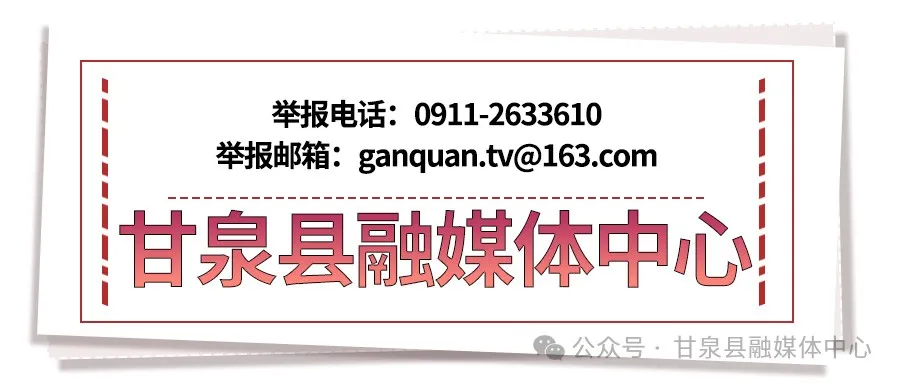
Supervised by Liu Liang| Zhang ShengyanReviewed by Zhang Shengyan| Zhang Shengyan Zhang Shengyan Zhang Shengyan
Editor Bai Teng Liu Qiang
Editor Cui Chun Yang Jingning
